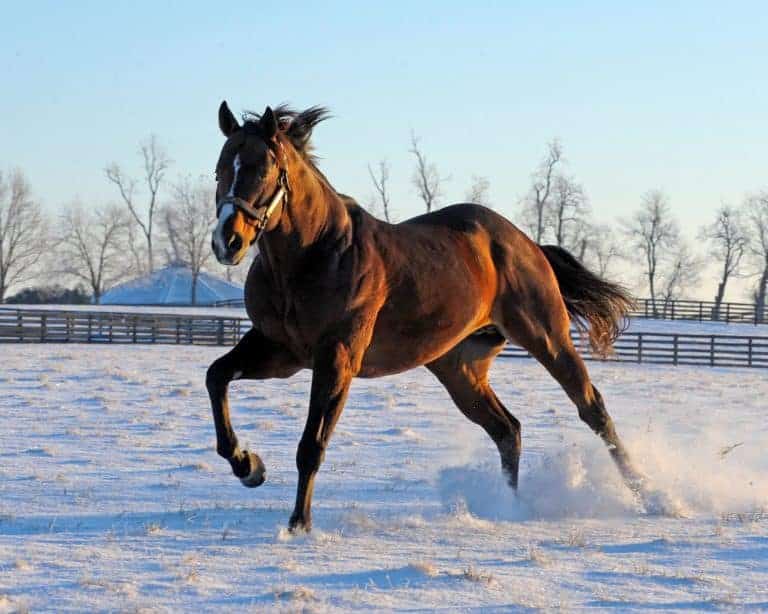Treating Severe Forelimb Pain With a Continuous Nerve Blockade (AAEP 2010)
Veterinarians can reduce a horse’s severe forelimb pain by administering a continuous, low-dose infusion of the local anesthetic bupivacaine, but this method is not suitable for every case, according to researchers from Cornell University’s College













